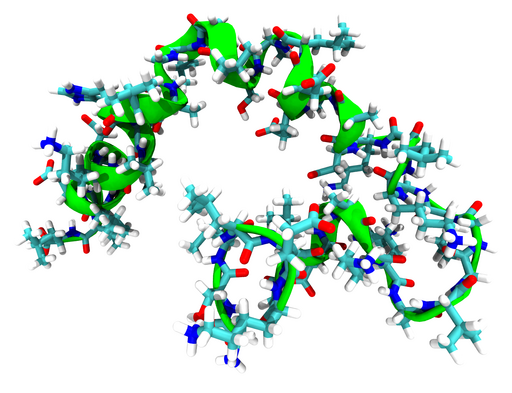
The Antibiotic Battle Against Microbes
From Penicillin To Antibiotic Resistance
Since the discovery of penicillin by Alexander Fleming in 1928, antibiotics have revolutionised the field of medicine, saving countless lives and providing effective treatments for bacterial infections. However, the rise of antibiotic resistance has become a pressing global concern, posing a significant challenge in the battle against microbes.
Penicillin, the first antibiotic, was a breakthrough in the fight against bacterial infections. It was effective against a wide range of pathogens and played a pivotal role in reducing mortality rates from infectious diseases. The discovery of penicillin paved the way for the development of numerous other antibiotics, each targeting different types of bacteria and providing a diverse arsenal against infections.
From Not Enough To Too Much
For several decades, antibiotics were hailed as medical miracles, and their availability led to a sense of complacency. However, the misuse and overuse of antibiotics have contributed to the emergence of antibiotic-resistant bacteria. When antibiotics are used improperly or unnecessarily, bacteria can develop mechanisms to survive and grow despite the presence of these drugs. This has led to the rise of superbugs, such as methicillin-resistant Staphylococcus aureus (MRSA) and carbapenem-resistant Enterobacteriaceae (CRE), which are difficult to treat and pose a significant threat to public health.
The battle against antibiotic resistance involves a multi-pronged approach. Firstly, there is a need for responsible use of antibiotics. Healthcare professionals must prescribe antibiotics judiciously, ensuring that they are used only when necessary and that the appropriate dosage and duration are followed. Patients, too, play a crucial role by adhering to prescribed antibiotic regimens and not pressuring their doctors for unnecessary prescriptions.
Barriers To Development
In addition to responsible use, efforts are underway to develop new antibiotics and alternative treatments. However, the pipeline for new antibiotics has been dry in recent years, largely due to economic factors and the challenges associated with developing effective drugs. This highlights the need for increased investment in research and development of new antimicrobial agents.
Another important aspect of the battle against microbes is infection prevention and control. By implementing stringent hygiene practices in healthcare settings, such as hand hygiene, proper sterilisation, and effective waste management, the spread of antibiotic-resistant bacteria can be minimised. Public awareness campaigns play a crucial role in educating individuals about the importance of hygiene and responsible antibiotic use.
Gathering Further Data
Furthermore, surveillance and monitoring of antibiotic resistance patterns are essential for understanding the scope and impact of the problem. This information enables healthcare providers and policymakers to make informed decisions regarding treatment protocols and infection control strategies. Collaboration between healthcare professionals, researchers, policymakers, and the public is vital in combating antibiotic resistance.
The battle against microbes and antibiotic resistance is an ongoing and complex challenge. It requires a multifaceted approach that addresses responsible antibiotic use, research and development of new treatments, infection prevention and control, and surveillance. By taking collective action, we can preserve the effectiveness of antibiotics and ensure that future generations have access to effective treatments for bacterial infections. The fight against microbes is a reminder of the ever-evolving nature of infectious diseases, as if recent times have not taught us, and of the need for continuous innovation and vigilance in the field of medicine.